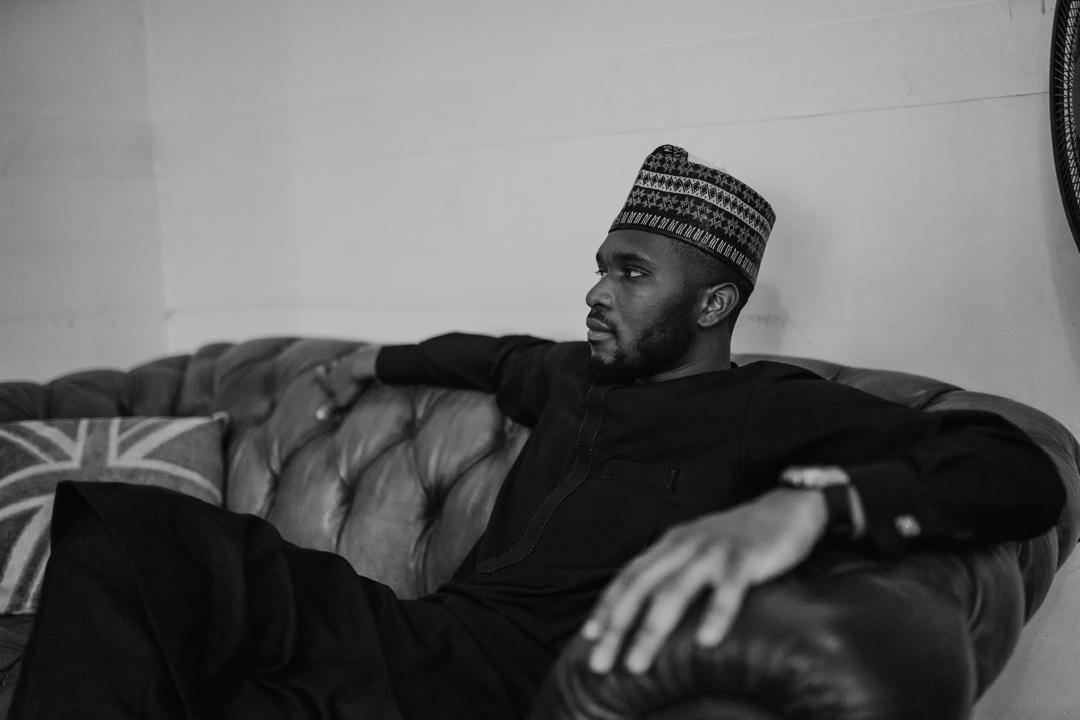We recently connected with Muhammadu Liman and have shared our conversation below.
Muhammadu, appreciate you joining us today. Let’s start with a story that highlights an important way in which your brand diverges from the industry standard.
Hadesh Bodycare: When Luxury Turns Back to the Land
The first time I truly saw my mother’s hands — rough and cracked from years of mixing herbs in our small Kaduna kitchen — I understood the quiet power of plants. She would blend golden shea butter, vibrant hibiscus, and nut-rich palm oil, whispering, “What we need grows here.” There was no fuss, no fancy bottles — just trust in nature’s generosity.
Yet, every time I stepped into a store, I saw shelf after shelf of imported products, packed in glossy bottles and filled with ingredients no one could pronounce. Chemical-laden “solutions” shipped in from across the world, selling us the illusion of beauty while disconnecting us from the land beneath our feet. Why were we abandoning our own remedies?
The Breaking Point
In 2023, everything changed. A cousin arrived at our home, her scalp painfully inflamed after using a luxury hair serum. “The doctor said it’s the sulfates,” she sighed, handing me the culprit — a bottle made in France, priced in dollars. That night, I stood staring at my mother’s old mortar and pestle, and a thought struck me like a quiet storm:
What if we brought her wisdom into the modern world — not as folklore, but as the new standard?
The Experiment
I went all in. I walked the markets of Nigeria — bargaining with women who had been extracting oils and herbs for decades. I sourced wild-harvested moringa, raw honey from Bauchi, camwood oil so pure it stained my hands. My first batches were clumsy. Too gritty. Too faint. But then something shifted. A silk-smooth blend emerged. I handed a jar to my sister, whose curls had long suffered at the hands of foreign brands.
She ran it through her hair and gasped: “This feels like gold.”
But when we brought it to market, people hesitated. “Natural is good,” they’d say, “but where’s the elegance?”
The Pivot
That moment challenged everything I thought I knew. Could nature be luxurious? Could tradition feel premium?
We redesigned everything — replacing the simple jar and handwritten label with sleek amber bottles wrapped in Ankara-print ribbons. We infused our formula with subtle notes of vanilla bean to balance the deep herbal base. We worked with a local designer to ensure the look matched the quality.
The support we received was immense from both friends and family
One day, a customer posted a video that went viral: a mother massaging our oil into her daughter’s hair. As she worked, she whispered, “This is your heritage.” That was the moment I realized — we weren’t just selling hair oil.
We were selling remembrance.
The Hadesh Ethos
At Hadesh Bodycare, we diverge from the industry standard in every way.
We don’t use chemicals. Our formulas are entirely herbal, crafted without industrial processing — because nature can be trusted.
We don’t outsource our power. Every drop supports Nigerian farmers, extractors, and artisans.
We don’t accept the myth that natural means basic. We prove, with every bottle, that Africa’s remedies are not only effective — they are luxurious.
What started in a Kaduna kitchen has grown into something larger than I ever imagined: a movement toward rooted luxury. Because true self-care doesn’t just nourish your body — it reconnects you to who you are and where you come from.
At Hadesh, we believe that everything we need is already here — if only we turn back to her.
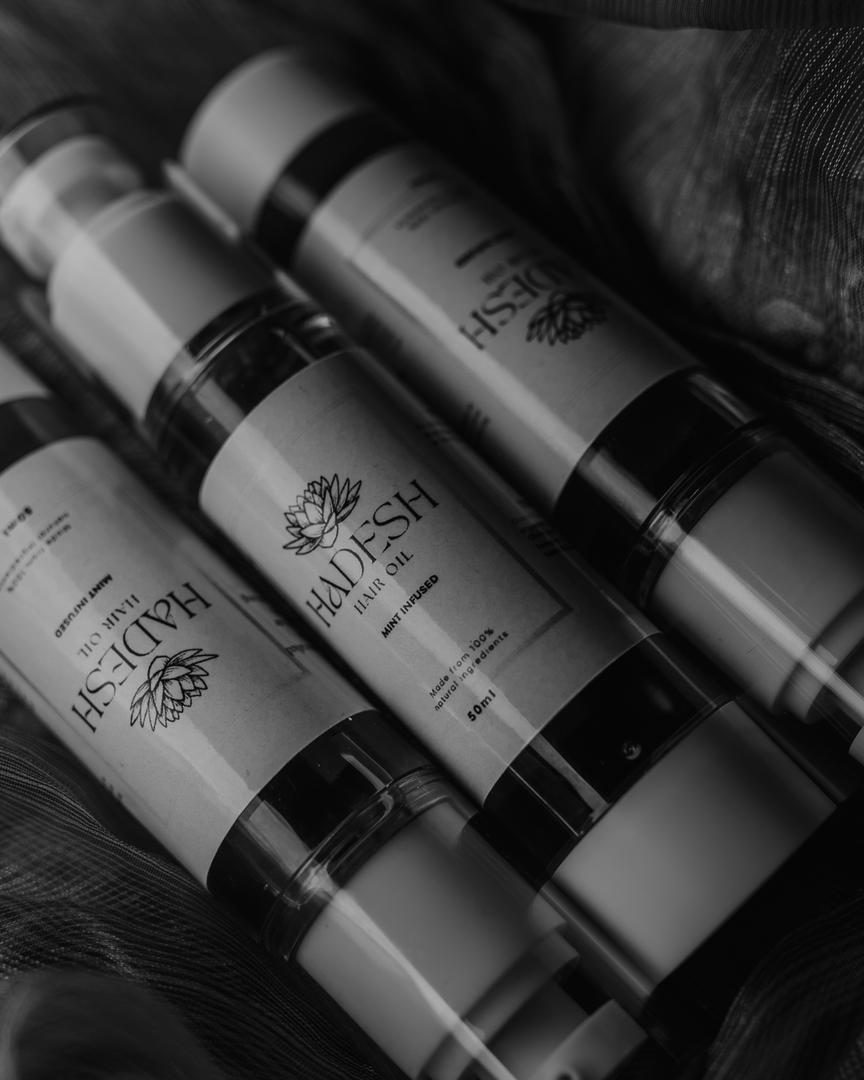
Can you talk to us about how you funded your business?
When I started Hadesh Bodycare, I had no capital and no product—just an idea, a vision, and an unshakable belief that we could create something that truly made a difference. No fancy investors, no inheritance, no big loan—just raw determination.
At the time, I was participating in Nigeria’s National Youth Service Corps (NYSC), a government program that pays graduates a modest monthly allowance. In a country where jobs are scarce and opportunities even scarcer, that stipend was a lifeline. Most people used it to survive—I used it to build.
I started putting aside every naira I could. I sacrificed comfort, skipped outings, cut down on anything non-essential. I was saving pennies while dreaming in litres. Bit by bit, I scraped together just enough to source a few key ingredients and bottles. Still, we didn’t rush to sell. We spent months testing and refining—blending, adjusting, reworking—until we had a formula we were proud of. Until we had something that worked.
That first bottle wasn’t just oil—it was the product of sleepless nights, relentless trial and error, and faith in an idea that had no funding, no hype—just heart. From there, one bottle became five, then ten. And slowly, people started to believe in it too.
Hades Bodycare was literally built from nothing but belief, and I carry that story in every batch we make. Because if we could create something out of scraps and a dream, imagine what we’ll do with everything we’re building now.
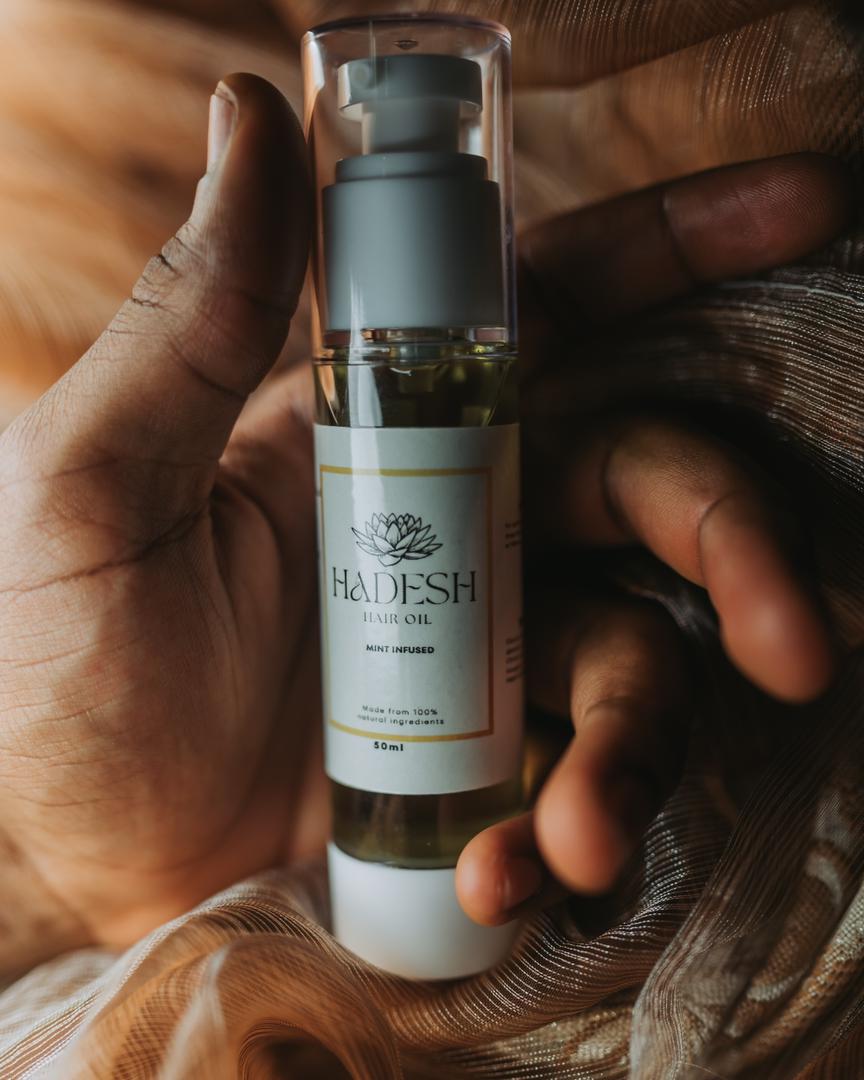
Can you open up about a time when you had a really close call with the business?
During our trial phase, things looked promising. We sold a lot of bottles, and the feedback was incredible—people were seeing real results, sending thank-you messages, and encouraging us to keep going. That validation lit a fire in us, and we thought, “This is it. We’re ready.”
So we went all in.
We produced another 72 bottles, invested everything we had—time, savings, energy—into this new batch. It was our boldest step yet. But almost as soon as we finished, it felt like the market disappeared overnight. No new orders, no follow-ups, no buzz. Just… silence.
The feeling was like being lost at sea—adrift, after having followed the stars, only to have the sky go dark. It was one of those moments where you question everything: Was it a fluke? Did we misread the demand? Were we too early… or too late?
But instead of folding, we got strategic.
We realized we had been chasing new customers without nurturing the ones who already believed in us. So we changed our approach. We went back to our roots—to the friends, family, and early supporters who had seen our journey from the beginning. We reached out with honesty, offered samples, asked for referrals, and focused on trust over traffic.
That move changed everything.
They responded. They posted. They shared. Slowly but surely, bottles started moving again—one by one. And those same people helped us reach others we could never have accessed on our own. It reminded us that this business was never just about product—it was about connection.
That close call taught us a valuable lesson: momentum isn’t always loud. Sometimes, it builds quietly in the background. And when things go still, it doesn’t mean you’ve failed—it just means it’s time to adjust your sails.
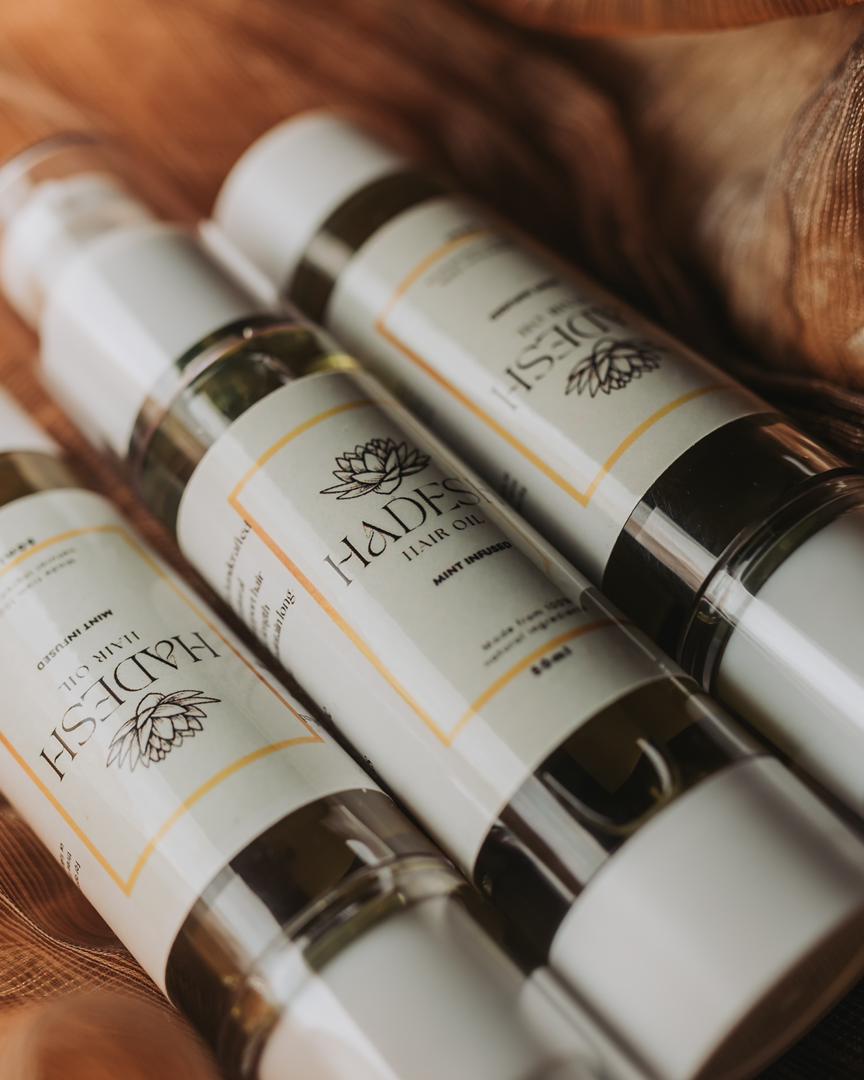
Contact Info:
- Instagram: https://www.instagram.com/hadesh.ng/
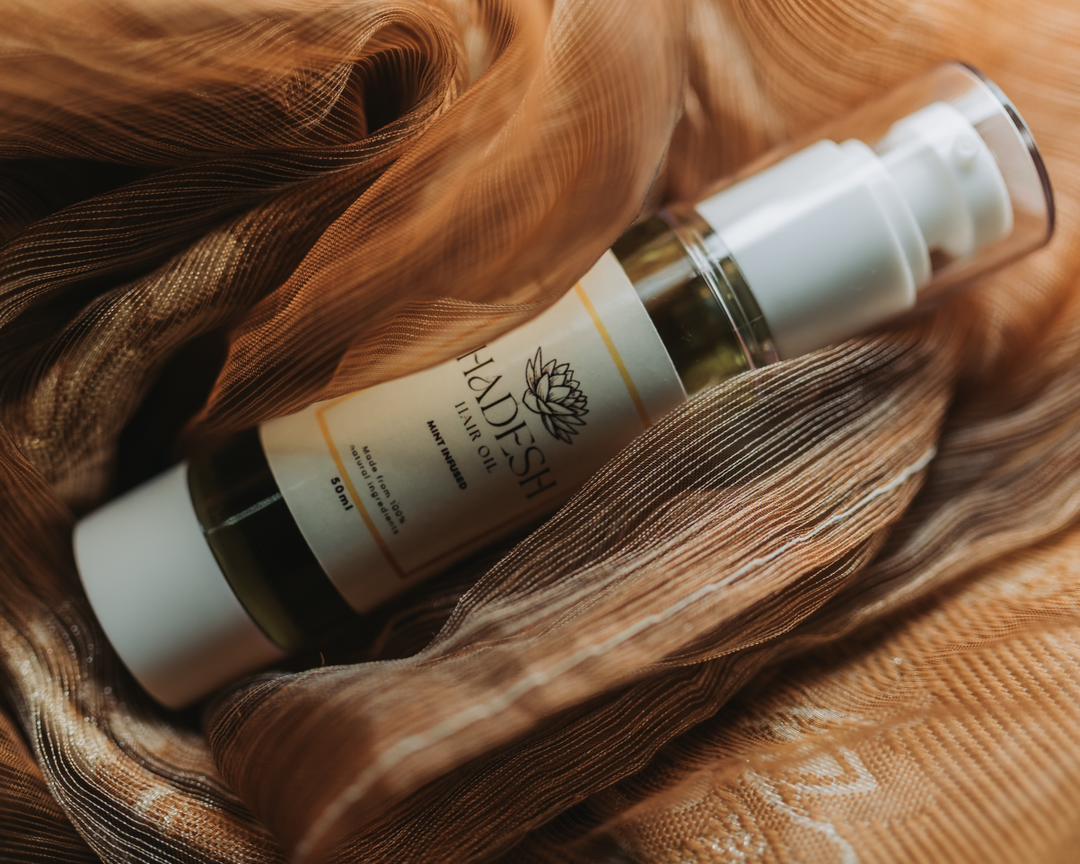
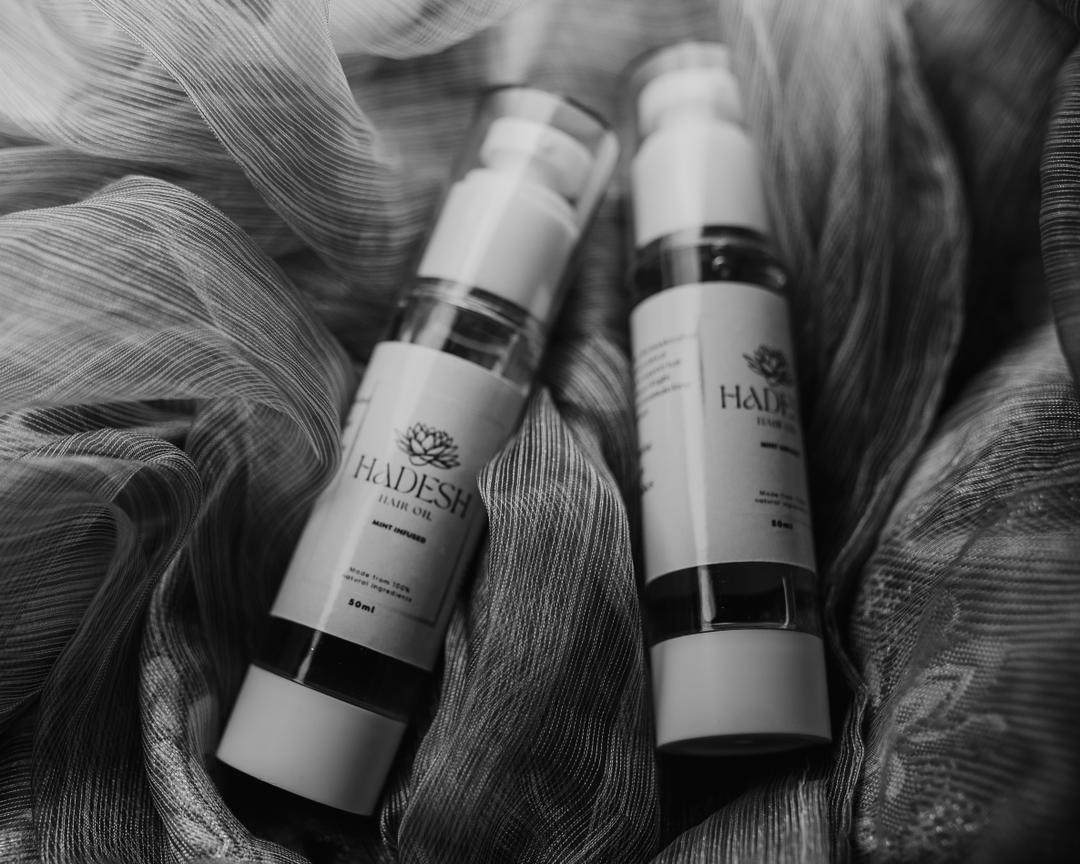
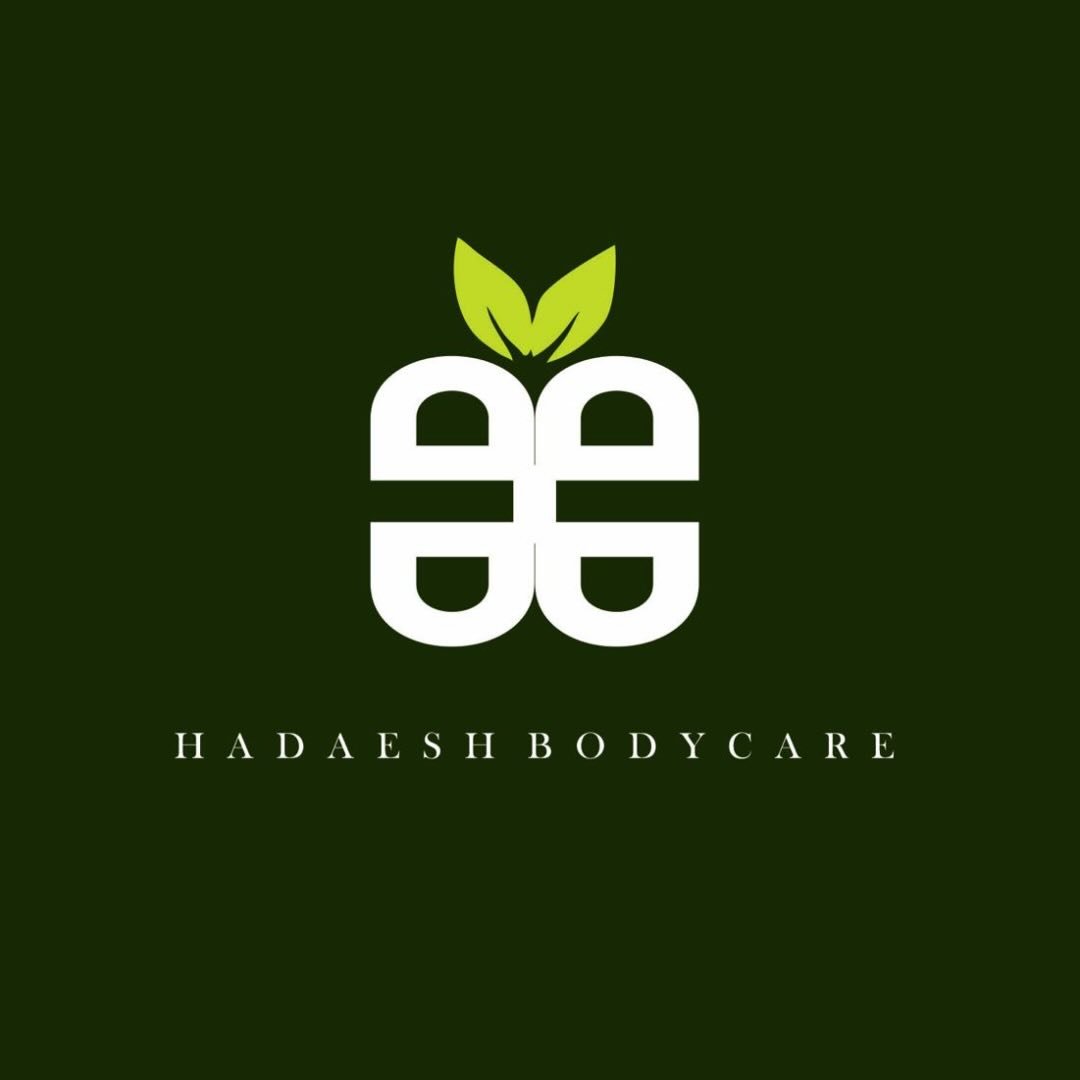
Image Credits
Shot by @ManfusArt
https://www.instagram.com/manfusart/


